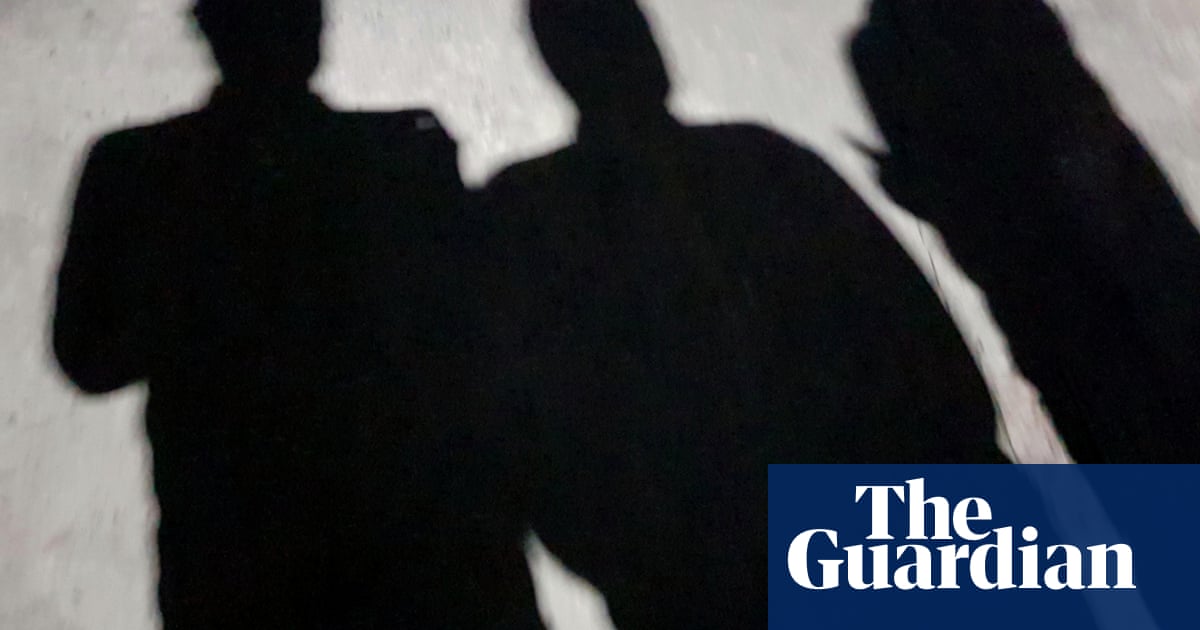The Rise of the Old Glory Club: A Far-Right Fraternal Network in the U.S.
A growing and alarming trend in the United States is the emergence of far-right, men-only fraternal clubs. Among these, the Old Glory Club (OGC) stands out for its extensive network, which the organization claims boasts “literally hundreds” of members, including a mix of past and current military personnel, lawyers, civil servants, and notable antisemitic influencers. This revelation comes from a detailed investigation by The Guardian, highlighting not only the club’s activities but also its implications for American society.
The Emergence of the Old Glory Club
Founded in June 2023, but shaped over a year of in-person conferences and online interactions, the Old Glory Club embodies the organized efforts of racist political groups that have surged during recent years, particularly during the Trump era. The OGC operates over 26 chapters across 20 U.S. states, thriving in a climate increasingly tolerant of extremist ideologies.
Interestingly, the OGC began as a collaborative content production effort. Key figures, such as the pseudonymous YouTuber known as Charlemagne, described it as a gathering of "American gentlemen" aiming to create a social club focused on generating content and discussing new political frameworks. However, the group’s underlying motives gradually became clearer as calls for more direct activism emerged.
Activism and Strategies
The OGC promotes an array of measures, including what it calls “cancellation insurance” for members whose extreme views may affect their careers. This is indicative of a larger strategy to create a robust support network for like-minded individuals who may feel marginalized for their beliefs. The group stresses the importance of in-person meetups and has established mechanisms for decentralized chapter organization, allowing for continued growth and influence without centralized leadership.
Ryan Turnipseed, a charter member, articulated the need for effective organization among far-right factions. Drawing lessons from historical figures like Francisco Franco, he proposed a decentralized approach that would empower grassroots movements, enabling the far-right to leverage existing networks and build a formidable presence.
The Cultivated Network
The OGC claims to have rapidly expanded its membership, suggesting a potentially alarming societal penetration. Its conferences and online platforms have attracted a diverse array of members, including military personnel and law enforcement officers. This cross-section of society is particularly concerning for experts like Heidi Beirich, co-founder of the Global Project Against Hate and Extremism, who warns that these connections pose significant national security threats.
Now more than ever, with debates swirling around extremism in the military, the presence of individuals with government security clearances within the OGC raises red flags. Members like Evan Dale Schalow, a national guard engineer currently maintaining a secret security clearance, underline the risks involved when extremist ideologies begin to integrate into legitimate institutions.
Questionable Narratives and Extremist Ideologies
The Old Glory Club’s Substack reflects the dangerous narratives its members actively promote. From a romanticized view of the Confederacy to the vilification of minorities, the content often strays into evident racism and antisemitism. A podcast by prominent member Pete Quinones illustrates this, as he openly calls for boycotts against Jewish-owned businesses, framing their exclusion as a necessary step for preserving a so-called “heritage” landscape.
The “Jewish question,” an antisemitic construct that maligns Jewish society as a problem requiring resolution, frequently resurfaces in discussions among OGC members. This rhetoric not only seeks to normalize racism but also presents a more palatable version of hate that invites discussion among unsuspecting audiences.
The Intersection of Influencers and Activists
Prominent figures within the far-right landscape have begun to give the OGC credibility, leveraging their wide-reaching platforms to spread ideologies. Quinones’s podcast, for instance, ranks among the top political forums, wherein he churns out hours of content steeped in bigotry. His casual acceptance of extremist views draws a growing audience who may not have previously engaged with such ideologies.
The intersections between influencers and organized clubs such as OGC provide a fertile ground for radicalization, enabling fringe beliefs to permeate mainstream conversations. The level of engagement and activism promoted by club members showcases their strategies to build legitimacy and normalize hate within broader societal contexts.
A Broader Perspective on the Far-Right Network
Researchers like Harry Shukman from the anti-fascist nonprofit Hope Not Hate have noted that groups like the Old Glory Club represent a new breed of extremist organizations, uniquely designed to attract members uninitiated in activism. This lowered barrier to entry facilitates a welcoming environment for those who may already harbor prejudiced beliefs but lack a formal outlet to express them.
As the OGC flourishes, it embodies a wider network of far-right ideologies that have been increasingly tolerated in contemporary discourse. By fostering community, these groups mask their sinister aims, making them more accessible to individuals seeking belonging in a polarized society.
The Unfolding Threat
As the OGC’s influence expands, the overlap between its members and established societal structures—such as the military and law enforcement—raises alarm about the potential normalization of extremist views. With prominent lawyers and civil servants among its ranks, the trajectory of this and similar organizations sparks significant concern about the broader implications for civil society.
The steep rise of these fraternal organizations serves as a crucial reminder of the risks posed by seemingly innocuous gatherings of like-minded individuals. The normalization of such extremist perspectives marks a troubling chapter in American societal evolution, which warrants continuous scrutiny and action moving forward.


